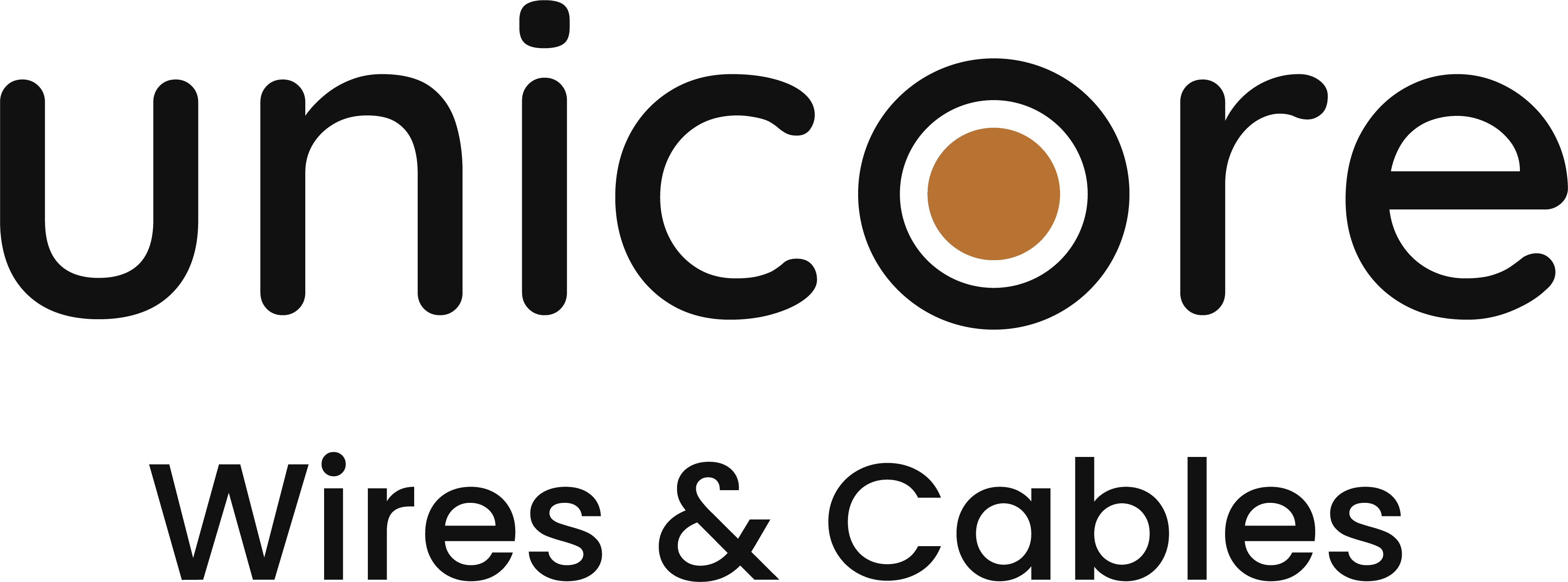Whatsapp : +92 311 4499 324 ♦ Email : orders@mehndihina.com ♦ Monday - Friday : 8:00 AM to 7:00 PM
Safe and Fire-Resistant Electric Cables
In recent years, fire safety requirements have tightened, according to which the Unicore Cables has changed. This is since the cable line must remain operable under fire conditions for a certain time in order to evacuate people to a safe place. To provide hospitals and residential complexes with the necessary safety, Unicore Cables has manufactured cables according to new standards. Over the past year, a relatively new product has been used more often – Fire resistant cables with the “ng-FRLS” or “ng-FRHF”.
This type of cable can exhibit the following distinctive features:
- The possibility of use in group gaskets (considering the volume of combustible mass per 1 m of cable line);
- Preservation of performance for at least 180 minutes when exposed to the cable flame gas burner;
- The low toxicity of combustion products;
- Low smoke emission;
- Low corrosivity of combustion products.
A fire at the initial stage has a huge impact on the functioning of products, which must maintain the level of security necessary for evacuation or rescue people. At this stage, the work of detectors, alarm systems, connecting cables, sprinklers is very important. Therefore, the fire protection system must be reliable and resistant to fire.
Unicore Cables has designed cables depending on the load, in order to avoid dangerous cases. There are also certain rules for lining Safe Fire-Resistant Cables.
Laying the line
Lines should not be located close to the building’s heating systems. If another equipment is located close to the cable line, and there is a risk of damage to the line during its maintenance, then the cable route should be changed so that the risk of damage is minimized.
Ventilation
If the temperature of the cables rises during their operation, then it is necessary to provide cooling methods. For example, a structured cabling system with twisted-pair cables is increasingly used to power active devices, such as network cameras, active network equipment, and even computers. In this regard, the operating temperature of the entire cable line increases. Most cable networks are designed without considering the additional load and not subjected to the appropriate modernization due to changed operating conditions. Such cable systems become potentially dangerous in a fire.
Cables are operated at acceptable rates when power is applied to them
The mode of operation of the cable line must comply with the standards of capacity provided for in the design. Even a small excess of energy consumption over standard indicators for a long time can be dangerous. If there is not enough power, the cable route must be improved.
Access for inspection and maintenance of cable lines
It is necessary to provide access to cables for cleaning dust and visual inspection of their condition by the master.
Specialized cable
In order to meet the fire safety requirements, PVC plastics standards of PP type for insulation, sheaths and internal cable filling have been developed. These materials have a higher oxygen index compared with their counterparts, as well as a low value of smoke generation and release of hydrogen chloride, carbon monoxide, and reduced toxicity of combustion products.
